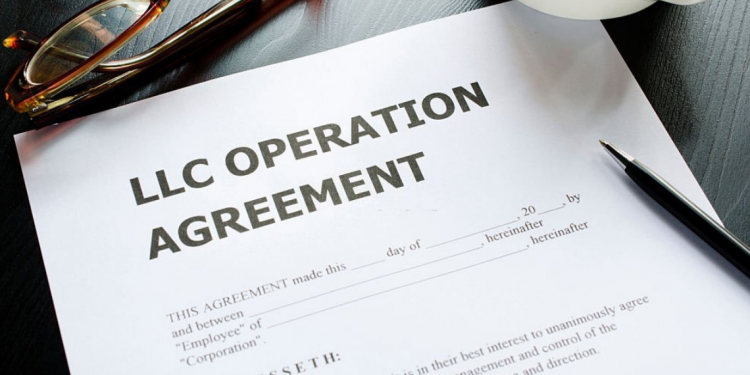If you are considering starting your own business, an LLC may be the right option for you. LLCs are known as “limited liability companies.” This means that your personal assets and liabilities are limited to what is listed on the company’s certificate of organization. This can be a major advantage if you want to start a business without risking everything.
What is an LLC?
Start an LLC, or Limited Liability Company, is a business entity that offers its owner limited liability protection. This means that the personal assets of the owners are protected in the event that the company faces legal action. An LLC can be set up in a number of different ways and can be used for a wide variety of businesses.
How to form an LLC: The steps you need to take
When starting a business, there are many things to consider. One of the first decisions you need to make is what type of business structure to set up. There are a few different types of business structures, but one of the most common is the limited liability company or LLC. An LLC offers some benefits that other structures don’t, such as limited personal liability for its owners and pass-through taxation.
If you’re thinking about create an LLC, here are the steps you need to take:
1. Choose a name for your LLC. The name must be unique and can’t include words that are restricted by your state.
2. Draft your LLC agreement. This document will outline the ownership and operating procedures of your LLC.
3. File articles of organization with your state’s secretary of state office. This document will officially create your LLC.
Pros of LLCs
Limited liability companies (LLCs) are one of the most popular business entities today. They have many pros. Here is a look at some of the pros of LLCs:
One of the biggest pros of LLCs is that they provide limited liability to their owners. This means that the owners are not personally liable for the debts and liabilities of the company. This can be a big benefit if something goes wrong with the company.
Another pro of LLCs is that they are easy to set up and manage. There are no special rules or regulations for setting up an LLC, and it can be done quickly and easily online. Additionally, LLCs do not require much paperwork or ongoing maintenance, making them relatively easy to manage.
What an LLC can and cannot do
An LLC, or limited liability company, is a type of business organization that provides limited liability to its owners. This means that the owners of an LLC are not personally liable for the debts and obligations of the business. An LLC can be used to run a wide variety of businesses, from small Mom and Pop shops to large corporations. However, there are some things that an LLC cannot do. For example, an LLC cannot issue stock to its owners.
Financing an LLC
An LLC, or Limited Liability Company, is a business structure that offers certain benefits to its owners. An LLC is not a corporation, so it is not subject to the same rules and regulations. This can be an advantage for small businesses who want the limited liability protection of a corporation without the hassles of corporate formalities. In order to finance an LLC, you will need to find investors or get a loan from a bank or other lending institution.
The tax benefits of an LLC
An LLC, or limited liability company, is a legal entity that offers tax benefits to business owners. An LLC provides its owners with “pass-through” taxation, which means the company’s income and losses are reported on the owners’ individual tax returns. This can be a major advantage for business owners who are looking to reduce their overall tax burden. In addition, an LLC offers protection from personal liability in the event of a lawsuit against the company. This can be especially important for business owners who are personally liable for any debts or judgments incurred by their company.
Conclusion
Creating an LLC can be a great way to protect your personal assets and business interests. By following the steps in this guide, you can be on your way to starting your own LLC.












